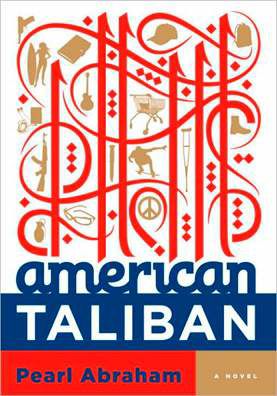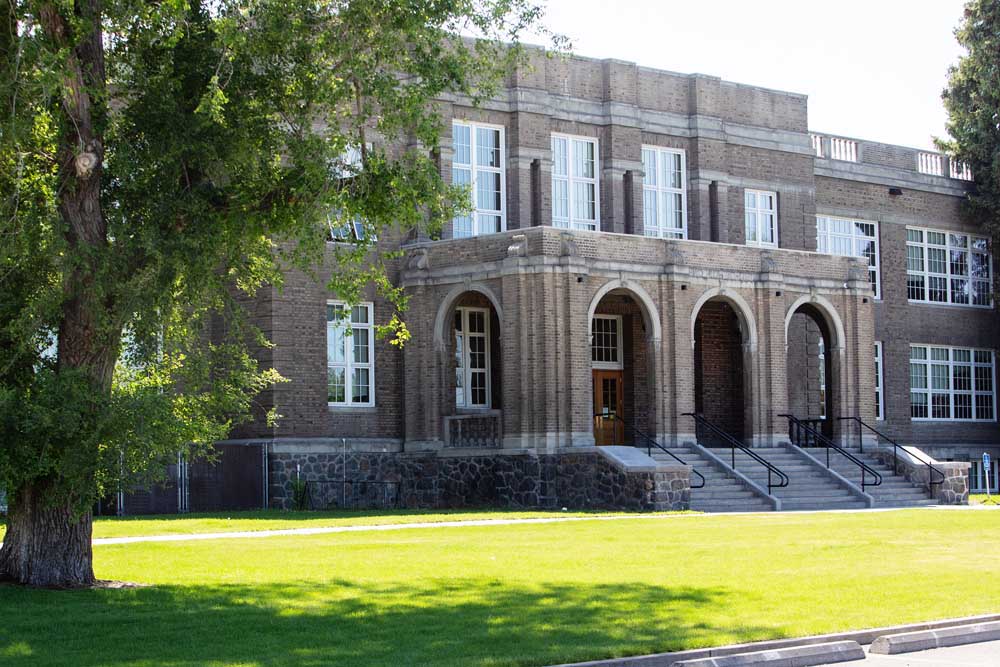Novel explores character like John Walker Lindh tale
Published 5:00 am Sunday, July 18, 2010

- Novel explores character like John Walker Lindh tale
“American Taliban: A Novel” by Pearl Abraham (Random House, 272 pgs., $25)
In this slim novel, Pearl Abraham traces the path of a sweet, upper-middle-class kid from surfer dude to American Taliban.
John Jude Parish is loosely modeled on John Walker Lindh, who was captured just after the start of the U.S. war in Afghanistan, and whose comfortable background provoked as much anger in this country as his actions.
But “American Taliban” is clearly a work of the imagination, taking the outlines of a true story and creating something else. Abraham sets herself a real challenge: Most readers aren’t going to approach this novel with a lot of sympathy for a young man — even an innocent, endearing one — who falls in with people who attack this country. Yet she does manage to draw a character who evokes sympathy, even as he drifts from inexplicable situations into unconscionable ones.
And it’s always tricky to make these improbable transformations believable. A good writer has to make the changes gradual yet inevitable — make it clear why this particular person took a wrong turn and couldn’t right himself.
Abraham deftly strews John’s path to disaster with challenges he could meet, but doesn’t. As you read, you think: Is this the turning point? Is this? The skateboarding accident that landed John in the hospital? Studying religion at a sharia school rather than at college? Spending a summer in Pakistan? Encountering 12-year-olds in Peshawar who had been blinded at a bomb-making retreat? But of course, they’re all turning points. And of course, John is blind to their significance, and to the chance they offer to take charge of his life’s direction.
If John had stayed in the kind of life his parents had envisioned — Brown University, some travel or volunteer work, then a profession — he probably would have been fine.
That’s one of the most interesting questions “American Taliban” raises: Can parents rear their children in all the right ways for the lives they imagine for the children, and yet leave them unprepared when the path veers unpredictably?
In many ways, Bill and Barbara Parish did a great job bringing John up. He’s genuinely decent and caring, bright, and interested in other cultures and in people who aren’t exactly like him.
Because the roles of Bill, and especially Barbara, are such a subtle subtext in the novel, it’s easy to see the ending initially as evidence that Abraham couldn’t think of a way to wrap up her story. But on reflection, the conclusion seems much more like an act that’s both unsettling and a gesture of real empathy.






